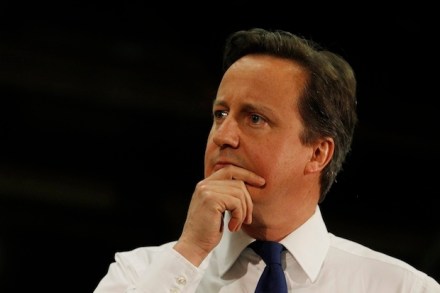Immigration announcement aims to take stings out of a number of tails
David Cameron knows that the only criticism from other parties of his plans to restrict welfare access for new migrants will be that he isn’t being tough enough. Such is the fear on all sides of being accused of repeating what the Prime Minister describes in his FT article as the ‘monumental mistake’ of the last Labour government that the only option on the table for Ed Miliband and Nick Clegg will be to support the move. It will be interesting to see how Miliband fares at Prime Minister’s Questions today. Given Labour has put forward its own ‘tough’ proposals and given Yvette Cooper went to such lengths to complain




















